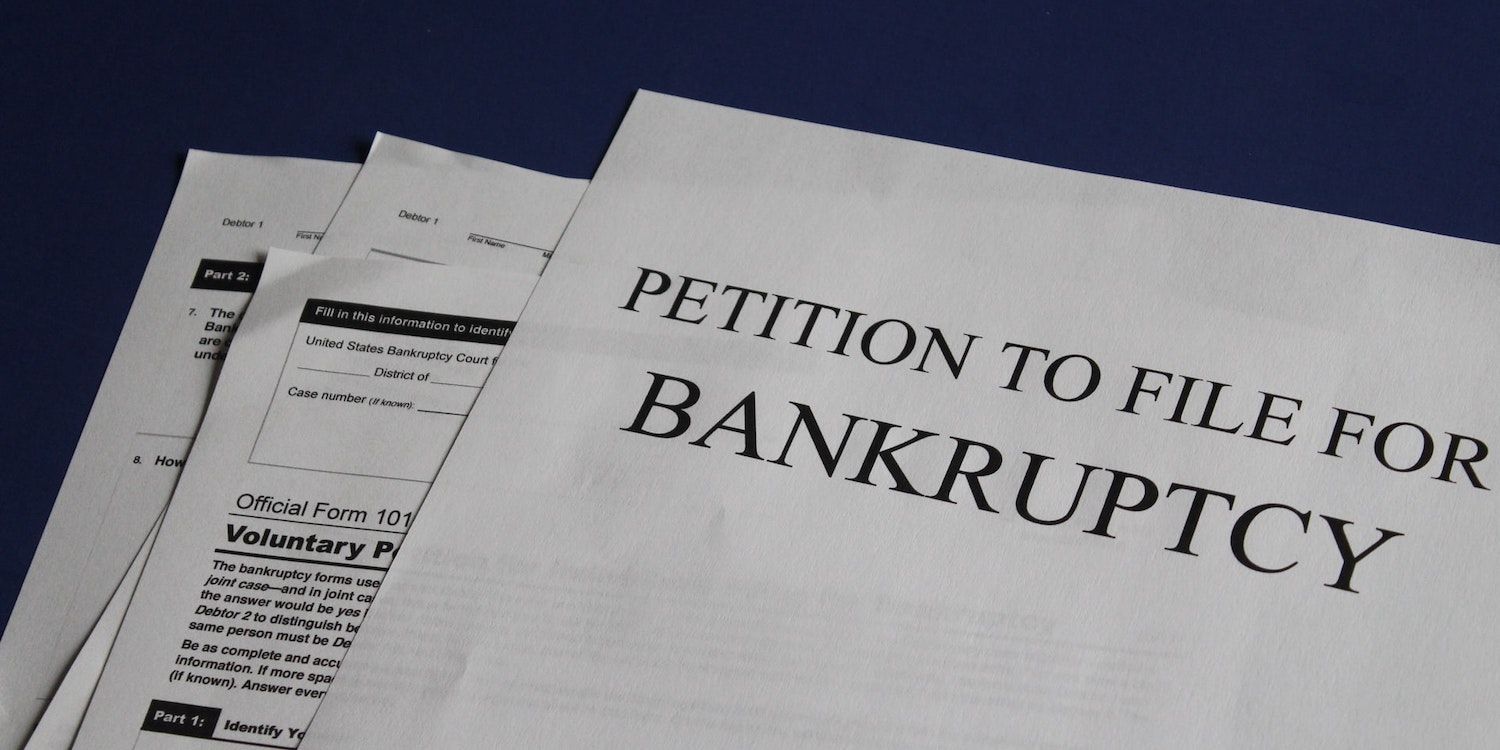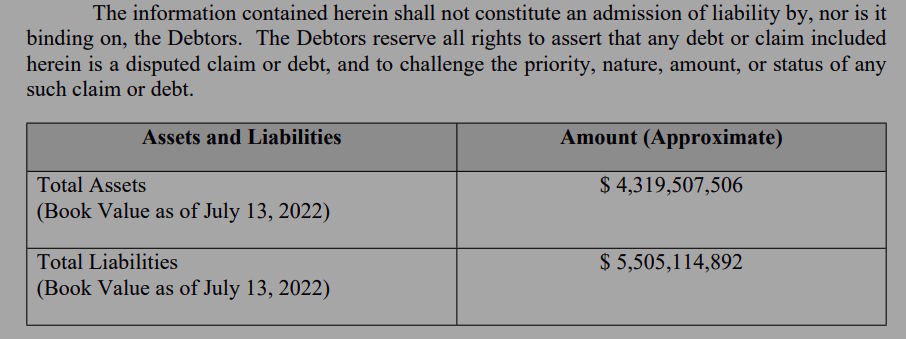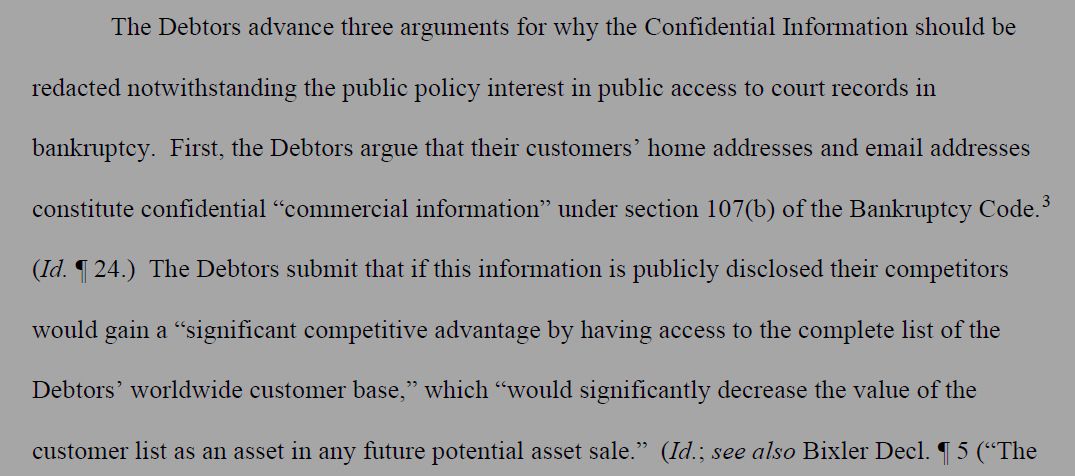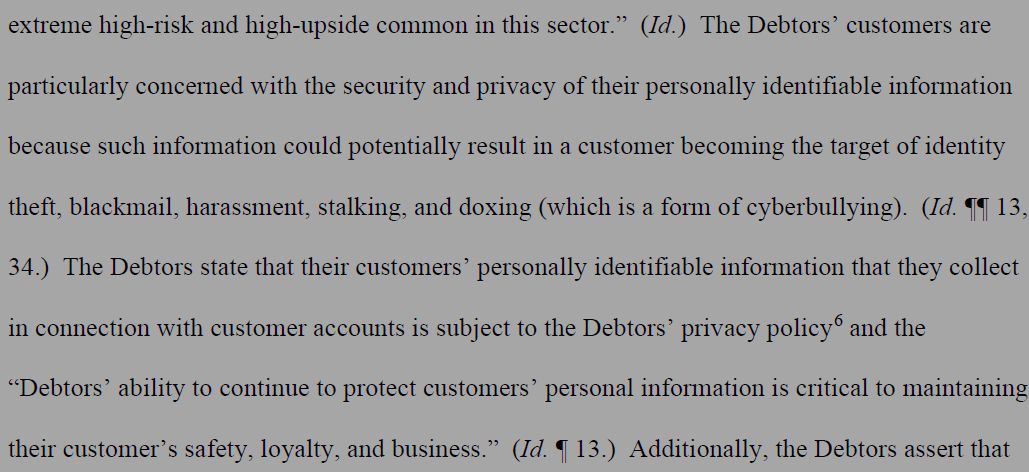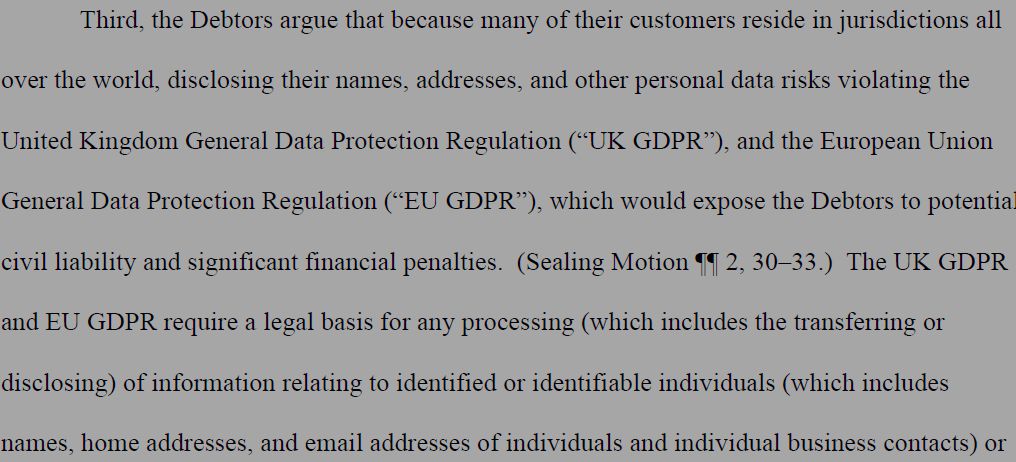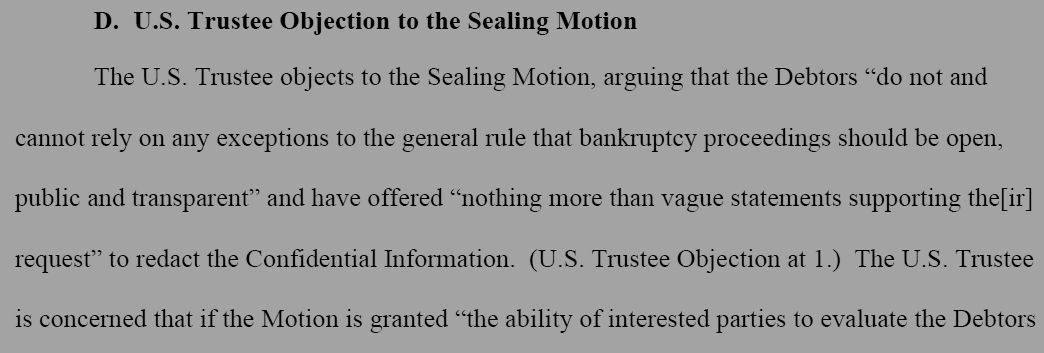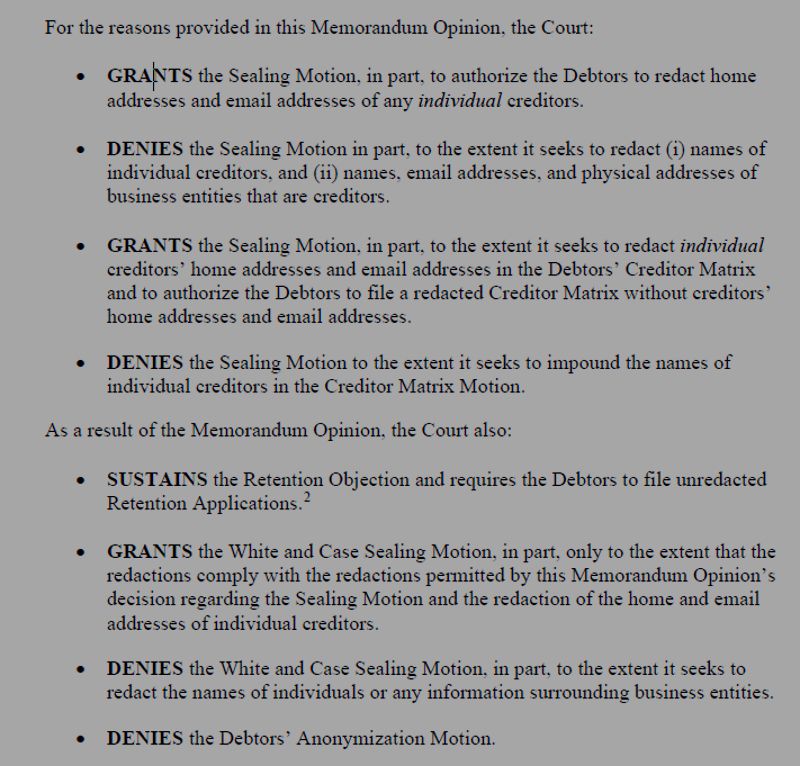Celsius has been a horrendous wreck for months. The fintech outfit first filed for bankruptcy in June 2022, taking millions of dollars worth of users' funds with it. Then, on October 13, 2022, a new search tool that generates a "leaderboard" indicating how much each Celsius customer has lost since the company's bankruptcy was released. This tool, called CelsiusNetworth, appeared to use Celsius's customer information database—revealing personal information and further damaging Celsius' reputation.
So, what happened to Celsius, and how much money did its users lose?
What Is Celsius and What Caused Its Bankruptcy?
Celsius is a financial technology (fintech) network that offers savings accounts with interest, borrowing, and digital and fiat payments. To begin, you deposit crypto assets on Celsius. The network then loans those assets to institutional and retail borrowers.
Then, you receive a payment that includes your deposit and interest from the revenue that Celsius gains from lending and engaging in other activities. Celsius pays 80% of its revenue to network users as rewards and uses the other 20% for project expansion.
The fintech network, founded in 2017, filed for bankruptcy in June 2022. As per Bloomberg, Celsius co-founder and Chief Executive Alex Mashinsky explained that the number of digital assets on the platform grew faster than Celsius was prepared to deploy. Mashinsky revealed that, in response, the company made poor decisions regarding utilizing the assets.
According to court documents, the platform had approximately $4.31 billion in assets and $5.5 billion in liabilities as of July 13, 2022. In a sworn statement, Alex Mashinsky, the company's CEO, pointed out that the company's attempts to obtain new funding from outside sources made it clear that it needed to file for bankruptcy. After filing for bankruptcy, the rate of customer flights increased, which led to the halting of withdrawals on June 13, 2022.
Celsius's issues exemplify the issues plaguing the digital asset industry, where rising US interest rates have discouraged investors and led to the failure of lenders and hedge funds. In September 2022, Voyager Digital Ltd. filed for Chapter 11 bankruptcy protection, and Three Arrows Capital, a failed crypto hedge fund, called in liquidators.
Why Did Celsius Pause Network Withdrawals?
On June 13, 2022, Celsius announced that it had suspended all withdrawals, swaps, and account transfers. They made this decision in response to "extreme market conditions." The halt on withdrawals, swaps, and transfers, was a reaction to volatility in the crypto space; however, it resulted in even more volatility, as the Cel token dropped 70% in the hour following the announcement.
Since the pause prevents investors from withdrawing their funds from Celsius, the sharp decline is not surprising, especially given that critics were already concerned about the company's stability. According to Celsius, the company has approximately 1.7 million investors who have contributed roughly $6 billion. The company has not set any date for the end of the withdrawal break.
Why Did Celsius Reveal Private User Information?
American Law required Celsius to disclose customer information as part of its restructuring. Since Celsius held customer assets, the law affected them as well.
According to a court document, Celsius requested that less personally identifiable information (PII) about customers be made public through a "redaction" process. The lender gave three reasons for this.
First, Celsius stated that a database containing so much customer information was too valuable to be made public. The company claimed that, in the case of a future asset sale, doing so would dramatically lower the asset value of the customer list.
Then, Celsius pointed out in a court document that if customers' PII was shared, they could become victims of stalking, identity theft, blackmail, doxing, and harassment.
Lastly, the cryptocurrency lender stated that because many of its customers reside in various parts of the world, releasing its PII could "expose Celsius to potential civil liability and significant financial penalties." The document references the EUs' General Data Protection Regulation (GDPR).
Celsius' Privacy Policies May Not Be so Private After All
According to the US trustee, Celsius "do not and cannot rely on any exceptions to the general rule that bankruptcy proceedings should be open, public, and transparent" and has supplied only ambiguous statements to support their request to redact the confidential information.
They also argued that the PII Celsius wished to eliminate was neither confidential nor business-related.
The US Trustee argues that [Celsius'] own privacy policies support the argument that customers' information is not confidential because they permit customers' names and contact information to be shared with third-party "business partners" and are therefore not confidential.
Moreover, the US Trustee argues that the information is not commercial because the Debtors are not attempting to conceal the identities and names of all creditors. Instead, they are merely trying to hide this information from certain creditors.
Lastly, and perhaps most shockingly, the US Trustee asserts that Celsius' claims that creditors could be exposed to violence if their identities were made public are based on anecdotal evidence, which is insufficient to overcome the presumption of open and public bankruptcy.
Celsius's Request for Redacted Bankruptcy Information Denied
In response, Celsius submitted a second motion requesting a comprehensive anonymization procedure so that user information is not made public. However, the court unanimously rejected the anonymization motion, among other Celsius requests.
How Much Money Did Celsius Users Lose?
According to CelsiusNetworth, the top three names lost $40.5 million, $38.2 million, and $26.4 million, respectively. Celsius owes users approximately $4.7 billion but lacks the funds to pay them.
The new tool allows you to look up the legal names of other Celsius users to determine how much they have lost. Additionally, a tab labeled "random" displayed the financial losses of a random individual in the database. The website broke down each customer's losses by the type of cryptocurrency they own and revealed the number and value of their cryptos.
However, as of October 24, 2022, the site is offline.
Celsius Bankruptcy Judge Agrees to Appoint Consumer Privacy Ombudsperson
As reported by Coindesk, the judge in charge of the bankruptcy case, Judge Martin Glenn, has agreed to appoint a consumer privacy ombudsperson in the case. This decision comes after the court documents released in October 2022 revealed the financial details of hundreds of thousands of Celsius customers.
What Can Celsius' Doxxed Users Do?
You have few options if you were exposed by the Celsius documents.
You can legally change your name as a last resort if releasing these data points would cause you actual harm.
A milder option is to take measures to make the digital world safer. Good privacy-focused tools can be helpful when it comes to on-chain addresses whose owners can be determined by examining the blockchain and the document's information.
But perhaps the most important thing you can do is to adopt a low-priority-for-time approach and avoid centralized services that collect user data and use fully decentralized crypto services instead. Know-your-customer (KYC) and anti-money laundering (AML) regulations must be adhered to by all financial services companies worldwide, regardless of whether or not they deal with cryptocurrencies. Even though these kinds of laws are likely well-intentioned, it is unclear how well they function, and it is easy to see where they can go wrong, as in the Celsius case.
In the information age, the most precious resource is data. Due to this, companies that collect a great deal of data become "honeypots" or easy targets for hackers and others who wish to sell the data.
Even though governments worldwide do not view this as a significant issue in the 21st century, you have every reason to regain control of your data and privacy. Since the status quo encourages people to share as much information as possible about their lives, law-abiding citizens require the right to privacy. It should be regarded as the right that makes all other rights possible.
Will Celsius Pay Back Its Customers?
Celsius is in billions of dollars of debt. Its bankruptcy filing revealed that it is unlikely that users will ever see the full amount returned to them, though the return of some funds isn't out of the question.
All in all, it's a sorry time for Celsius' former users, and the crypto industry as a whole.


